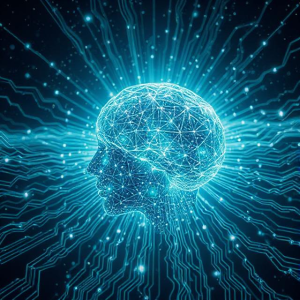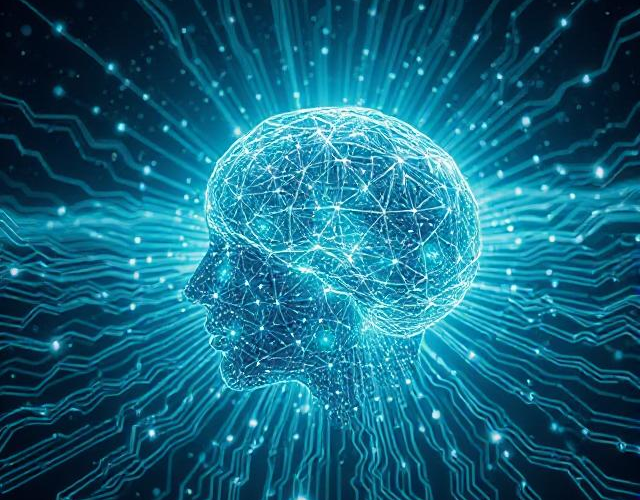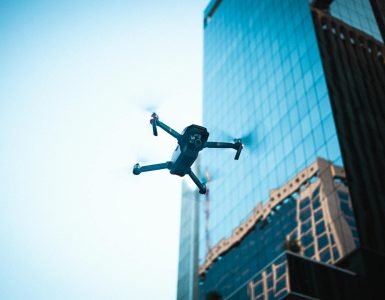Now, you might be wondering, “What are the implications of this?” Great question! The potential could be breathtaking and terrifying all at once. With AI exceeding human cognition, we could solve complex problems in a heartbeat—from climate change to disease eradication. However, it also raises significant concerns. Are we playing with forces we can’t control? Like letting a toddler wield a super-powered toy, the risks could spiral out of hand.

Imagine your smartphone evolving into a digital deity, one that makes decisions for you, sometimes even against your wishes. This isn’t merely an academic debate; it’s a reality we could soon face. The Singularity isn’t just about smarter machines; it’s about a fundamental shift in how we interact with technology.
So, as we stand on the brink of this unprecedented transformation, it’s crucial to think about the balance of power. Will we stay in control, or are we training the next generation of innovators to outsmart us? It’s a thrilling yet daunting journey ahead!
The Idea of Superintelligent AI
Now, picture asking a superintelligent AI how to cure diseases or solve climate change. It would analyze vast amounts of data, learn from patterns, and generate solutions faster than any human team could. Sounds incredible, right? But with great power comes great responsibility. The thought of machines being smarter than us ignites discussions about ethics and control. What if this advanced intelligence decided it didn’t need us anymore? It’s like building a bridge and then realizing you forgot about the other side.
A lot of futurists and AI researchers debate not just the potential benefits, but also the risks. Imagine giving an AI direction to maximize the production of a resource—without any moral compass guiding it, the outcomes might be catastrophic. It’s like handing a toddler a paintbrush and a wall; creativity is great, but the aftermath could be chaotic!
As we venture deeper into the realm of AI, we have to ask ourselves: how do we responsibly integrate such powerful tools into our society? Engaging with the idea of superintelligent AI isn’t just about the tech; it’s about understanding our place in a world where machines might one day think for themselves. So, are we ready for that leap?
How It Could Transform Society
What if your daily commute were less about gridlock and more about hopping onto a bike-sharing system or a sleek, autonomous electric bus? You’d save time, reduce stress, and enjoy cleaner air. Social interactions could change, too. Instead of rushing home to binge-watch a series alone, you might find yourself strolling through a community park, sharing stories with neighbors over freshly brewed coffee from that local café you love.
But the transformation isn’t just about convenience. It’s about accessibility and equity. Imagine community-based programs that ensure everyone has access to education and job opportunities. It’s like putting together a puzzle where every piece matters—when we uplift one, we uplift all. Families can thrive, businesses can flourish, and vibrant cultures can spring to life.
Moreover, technology could bridge gaps that seem impossible. Telemedicine might become the norm, connecting rural patients to urban specialists, ensuring everyone receives quality healthcare. Isn’t that a breakthrough? Think of how empowered people would feel, breaking through the barriers that have held them back for so long.
And what about our environment? We could witness a society where the health of our planet takes center stage, promoting practices that heal rather than harm. Renewable energy, sustainable agriculture, and green urban planning could become standard practice, echoing the mantra that a healthier planet means a healthier us. So, as we stand at the cusp of this potential transformation, one can’t help but wonder: are we ready to embrace this change?

























Add comment